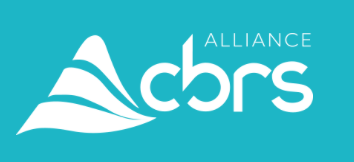
At the same time, the alliance also launched OnGo Certification. The OnGo baseline technical specifications also align with WInnForum standards and are designed to ensure all products that earn OnGo Certification also receive simultaneous FCC Certification.
OnGo can help building owners and property managers navigate an increasingly complex wireless landscape, says Cris Kimbrough, Senior Vice President, Building Technology Services at commercial real estate services firm CBRE. She chairs the Business Working Group for the CBRS Alliance.
“OnGo will allow me to more easily articulate the innovative business opportunities that will unfold as a result of opening the 3.5 GHz band for commercial sharing, significantly streamlining conversations within the real estate industry,” says Kimbrough. “Most importantly, OnGo will allow us to focus on the massive value associated with uncompromised connectivity, which is what matters most to everyone.”
In addition, the OnGo Certification Program – which is launched with support from CBRS Alliance member companies, the CTIA, and 10 global test labs – will ensure simple integration and seamless deployment of OnGo wireless solutions. “There’s strong pent-up demand for businesses that want better LTE coverage, but they cannot buy a product that is inexpensive and easy to use,” says Mobile Experts founder and President Joe Madden. “At about 40 cents per square foot, and very simple installation, OnGo has the potential to open up the huge untapped enterprise market.” The OnGo Certification Program will begin accepting products for evaluation this month.
The CBRS Alliance is staying neutral in the fight over how big CBRS licenses should be and their length. Current FCC rules call for small geographic license areas and relatively short-term licenses, which could make licenses more affordable for WISPs and private LTE network operators. But larger carriers argue that longer license terms and licenses for larger geographic areas would ensure more investment, certainty and stability for the band.
May 9, 2018




Reader Interactions